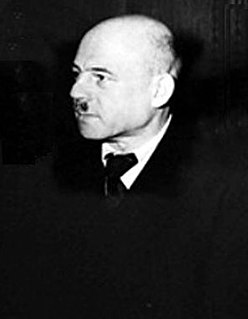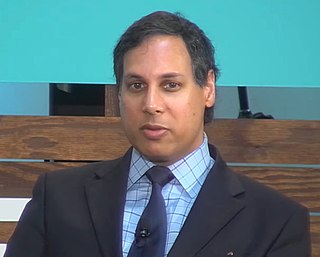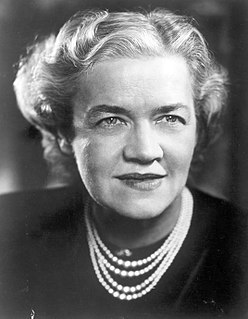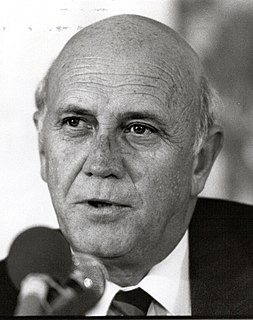A Quote by Duncan Green
There's no point in just hankering for the big trade unions of the 1950s or '60s.
Quote Topics
Related Quotes
Whole ideology of consumption almost to the point of religion. Whether it's the consumption of entertainment or the consumption around buying things, we're so caught up with our appetites that we don't have a clear distinction about what we need and what we just want. Plus, the decline of trade unions is a factor. When you have powerful unions, you have a working class that is politicized.
What was really interesting in his speech, which, by the way, had (inaudible) footnotes - the written version of it - which might be a personal record for Donald Trump - the source of a lot of his numbers on the free trade section of the speech came from an organization called the Economic Policy Institute, which was a think tank or is a think tank that was founded by labor unions to promote the labor unions' point of view on free trade agreements.
Certainly there's a huge appeal to the '60s, because it was such a big turning point to everyone. It was the era of change, the boiling point. People rebelled against things - the hippies, the feminists, the protesters. All these things just built up and boiled over. I think people can relate to that today.
I think it's true about people now being closer to their parents, since the '60s, really. The parents are no longer from a different planet, the 1950s ideas of American family. We could be friends with our parents. After the '60s, it wasn't like a person smoking pot was what the parents would be appalled at.
You know, when I was in college, there was a big debate: Do unions raise wages? Well, with regard to industrial unions, there were arguments back and forth -- international competition. It is now clear, I think, that whether or not you think unions raised wages 50 years ago, the absence of unions and their weakness that is inflicted by anti-union public policy depresses wages. The fact is that people who are not represented, in the service industries in particular, are the victims of policies which depress their wages.
From the time I entered cabinet, the emphasis was on reforms, but reforms which did not abolish separate development, but reforms which were aimed at changing the very, very dehumanising aspects. Giving greater freedom of movement, giving private property ownership within so-called white South Africa also to blacks. Abolishing the concept of job reservation on the basis of race and colour. Allowing free organisation for trade unions, also black trade unions.































